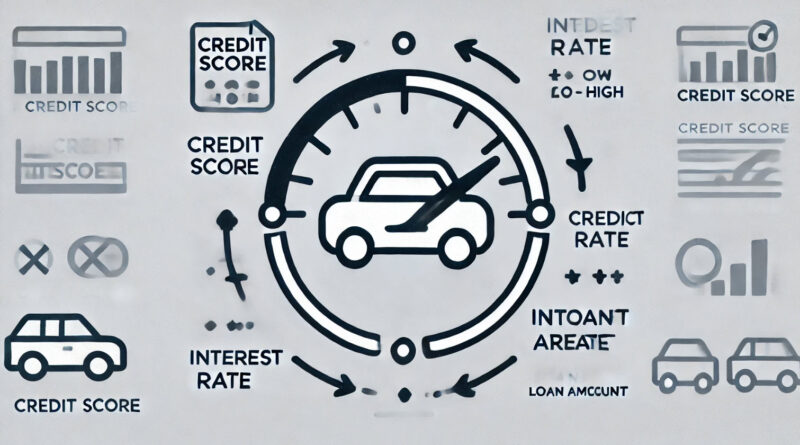Does credit score affect car finance?
Your credit score plays a huge role in determining whether you’ll be approved for car finance and the terms you’ll be offered.
But how much does it influence your chances of getting behind the wheel?
Whether you have a perfect credit score or one that you wish would be higher, understanding how your lender views your credit report can make a world of difference.
Read on to learn more about credit scores, why it’s important for car finance applications, and how to give it a boost if your score is less than perfect.
What is a credit score?
A numerical representation of your creditworthiness – also known as a credit score – indicates how likely you are to pay off a loan or another form of borrowed money.
Potential lenders look at your score to assess your financial responsibility when you apply for loans, credit cards, car finance, and other forms of credit.
It’s calculated by looking at your payment history, credit utilisation, length of credit history, types of credit used, and any recent credit enquiries.
Why does credit score matter for car finance?
Generally speaking, the higher your credit score, the higher your chances of being approved for car finance. This is because you’re seen as a ‘low-risk’ applicant and are more likely to pay back the full amount in a timely fashion.
If you have a good to excellent credit score (between 700 and 900), you’re also more likely to get lower interest rates and more flexible terms, making monthly payments much more affordable.
Can you get car finance with a low credit score?
It used to be the case that with no credit = no car finance. Or, if you could get behind the wheel, you’d be met with higher interest rates, limited vehicle options, higher deposit requirements, and more restrictive terms.
With credit scores varying so drastically, car lenders have realised they need to cater to this.
Specialist bad credit car finance helps those with a lower-than-average score, giving them access to quality cars and fair finance rates.
It works just like standard finance deals, where you apply, and are given a choice of finance deals and cars to choose from.
How to improve your credit score
While a credit score on the lower end of the scale won’t hold you back too much in terms of car finance, there’s no harm in improving it.
These ways are guaranteed to boost your score:
Check your report for errors
The more familiar you are with your credit report the better.
Look for irregularities and fraudulent activity, reporting them immediately if you find any errors.
Also, check all personal details and credit information is correct and up to date.
Reduce credit utilisation
Credit utilisation refers to the percentage of available credit you’re using. By keeping it below 30%, you can display your experience with credit use, without being heavily reliant on credit forms.
Avoid multiple credit applications
Similarly to high credit utilisation, if you have many credit applications in the works, it seems like you don’t have the income to support your lifestyle – signalling potential financial distress to potential lenders.
If you do require credit to make a purchase, use an eligibility checker first. These conduct ‘soft checks’ which do not affect your score or show up on your credit report – unlike the ‘hard searches’ which delve a little deeper and are marked on your report for the foreseeable.
Register on the electoral roll
Probably the simplest way of giving your credit score a boost is registering on the electoral roll. It confirms your identity, verifies your address, and assesses your financial stability.

